
Unequal Earnings in Salt Farming
Gujarat stands as India’s foremost salt-producing state, contributing 85% to the nation's total salt output. Within Gujarat, 31% of this production originates from the Agariya community living within the Little Rann of Kutch. Despite being the primary contributors to the salt industry, the Agariya people find themselves receiving the smallest share of profits. Furthermore, they grapple with the adverse effects of climate change, directly impacting their livelihoods. In this narrative, Bhopa and Gunand, two Agariya salt farmers, shed light on the disparity in earnings within the salt farming sector.

DEATH AND DISTRESS | Farmer Suicides in Maharashtra
Maharashtra holds the unfortunate record for the highest number of farmer and farm labourer suicides in India, witnessing an average of 11 deaths per day as. This grim reality forces many women, including Sarika, to fend for themselves and their families. Despite facing adversity, Sarika persists with unwavering determination to provide for her children.
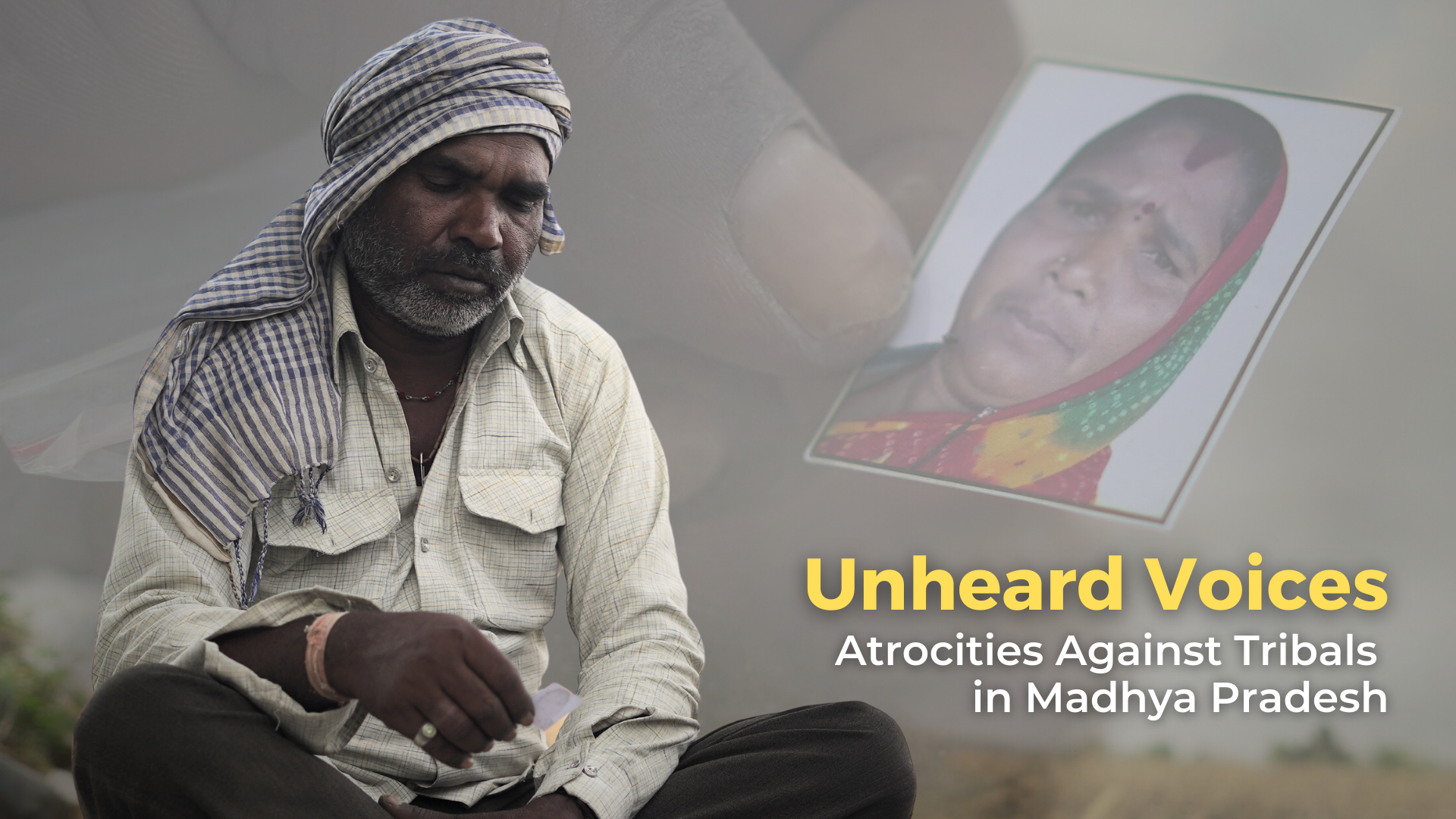
UNHEARD VOICES | Atrocities Against Tribals in Madhya Pradesh
Arjun Sahariya, a member of Madhya Pradesh’s Sahariya tribal group, courageously opens up about the atrocities inflicted upon his family. His situation is a representation of the increasing number of atrocities against tribal groups in the central Indian state which boasts the highest population of tribal communities.

BURIED UNDER GREED | Disasters Rise as Revenues Grow in Himachal Pradesh
Jai Chand, a farmer from Shimla's Kumarsain Tehsil in Himachal Pradesh, faced a devastating nightmare when a landslide claimed the lives of his son, daughter-in-law, grandson and destroyed their home. He and two other family members survived, but now they endure a life marked by grief and hardship.

LAGGED BEHIND | School Dropouts Among Tribal Children In Chhattisgarh
Mangal Markami was the first in his family to pursue education. However, due to an unsupportive school atmosphere and the demands of his tribal culture, he quit school after successfully completing his 10th grade.

AGEING MOUNTAINS | The Toll of Youth Migration on the Elderly
Kuldeep, a young man in Uttarakhand state, is one among countless individuals who have abandoned their native villages, and traditional farming, to migrate to big cities in search of employment. A few kilometres away, an elderly couple, Yashoda Devi and Ramesh Chand, bear witness to this mass migration, living alone in their now desolate village.
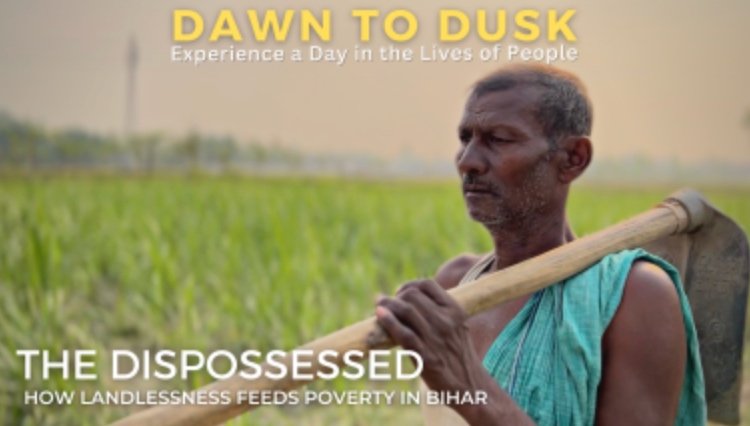
THE DISPOSSESSED | How Landlessness Feeds Poverty in Bihar
Deba Manjhi, a 75-year-old labourer from Bihar's West Champaran district, used to receive 3 hatai (2.25 kg) of paddy in exchange for a grueling day's work a couple of decades ago. Presently, he labours 5 to 6 hours daily in the agricultural fields owned by land-owning farmers, earning a meager wage of 150 rupees.
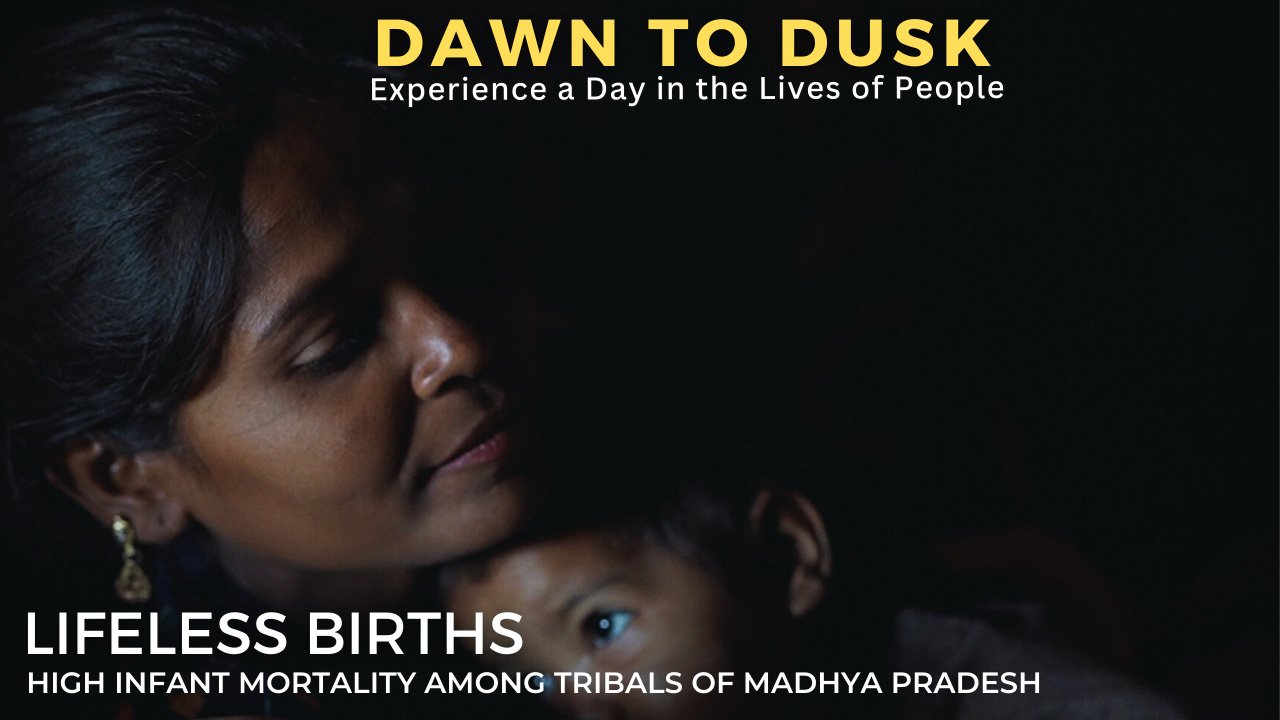
LIFELESS BIRTHS |High Infant Mortality among Tribals in Madhya Pradesh
Young women Laila and Rajanti, like many other women from Madhya Pradesh state's Sahariya tribe, were able to conceive. However, what happened after the birth of their children was not in their hands. The Sahariyas are one of the 75 "particularly vulnerable" tribes of India.
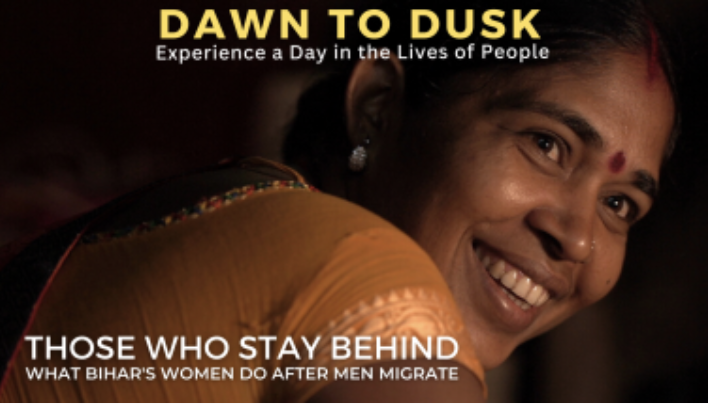
THOSE WHO STAY BEHIND | What Bihar’s Women Do after Men Migrate
Neelam Devi, from India's Bihar state, and her family were once unable to afford basic necessities such as oil for cooking, clothing, and even soap for personal hygiene. This dire situation forced her husband to leave and work as a labourer in Delhi, hundreds of kilometres away. Though they are now able to afford food, her two daughters still had to drop out of school.
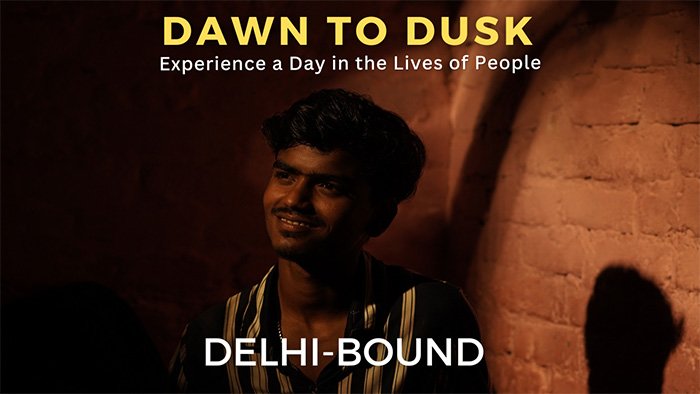
DELHI BOUND
Munna Singh, 19, a second-generation migrant worker, is a full-time supplier of water bottles and a part-time dog walker in the slums of Govindpuri, Delhi. As he is working hard to make ends meet for his family, his life resembles that of millions of interstate migrant workers in India’s capital. Here’s a day in his life.
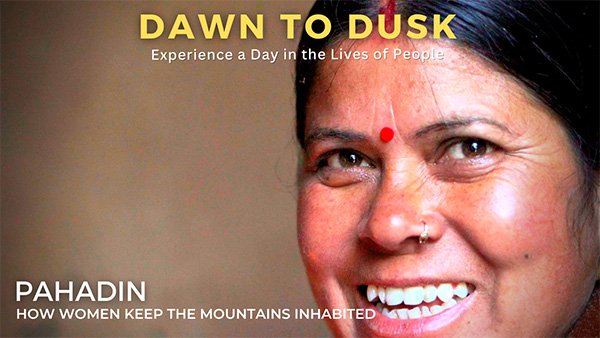
PAHADIN | How Women keep The Mountain Inhabited
Lakshmi Gauniyal's day starts at dawn and she rests only after dusk. She does all the work, from preparing meals to cutting wood from trees to sowing seeds in their agricultural field and earning money from labour under the government's social security measure MNREGA. Had it not been for women like Lakshmi, families would have been compelled to migrate away from their villages in Uttarakhand state's mountainous Pauri Garhwal district.
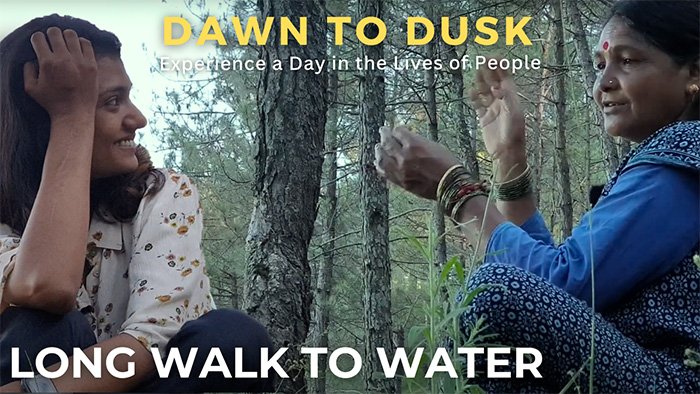
LONG WALK TO WATER
Series host Mariya Rajan goes for an arduous walk on the mountains of Almora district of Uttarakhand state with a local resident, Janaki Devi, who fetches water three times a day from the nearest stream that is kilometres away.
